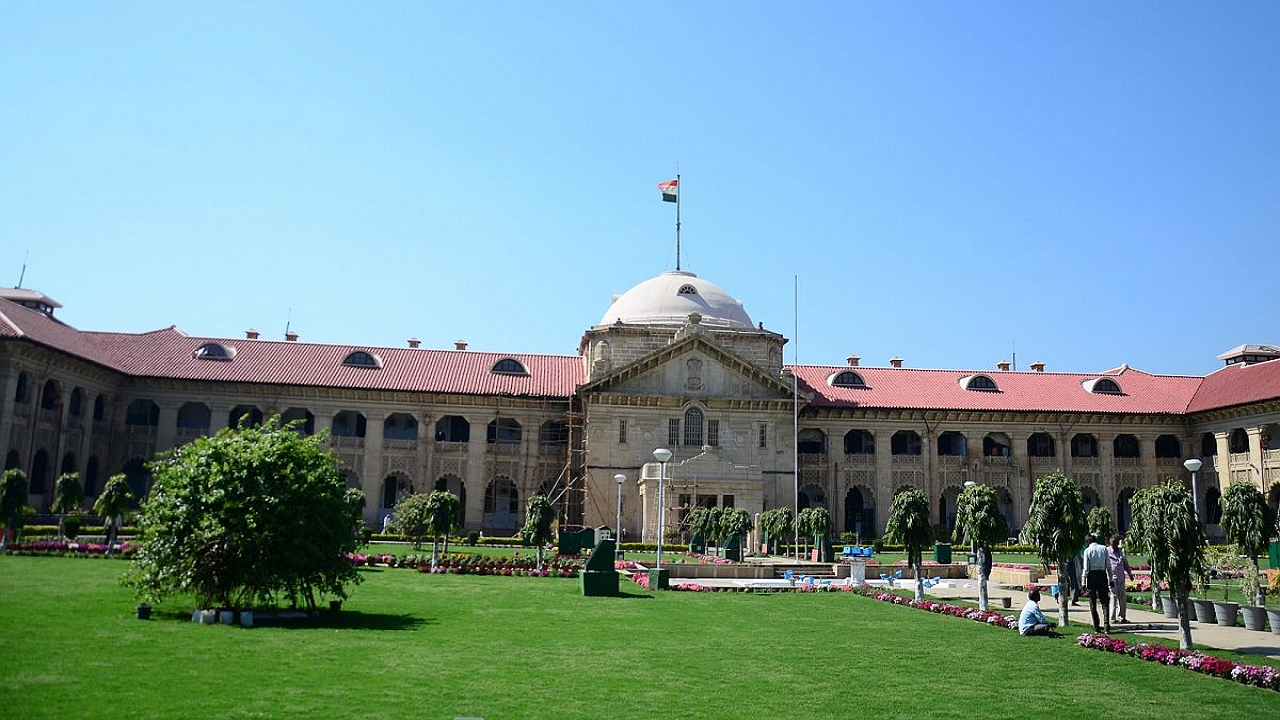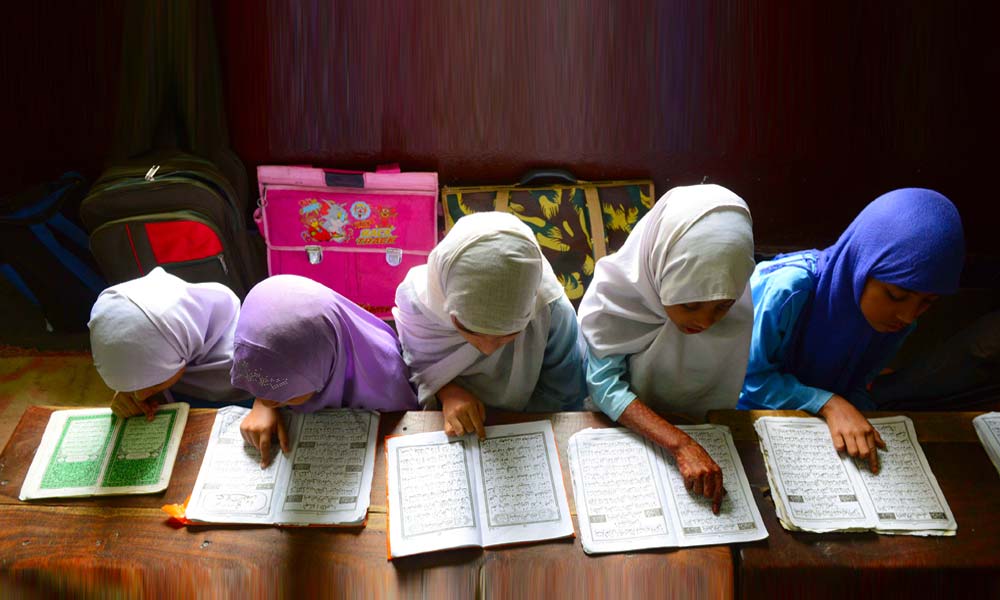An extensive probe by a Special Investigation Team (SIT) in Uttar Pradesh has uncovered a startling revelation – around 13,000 unregistered madrasas (Islamic seminaries) across the state are allegedly receiving undisclosed foreign funding.
This finding has prompted the state government to consider shutting down these institutions, citing concerns over transparency, accountability, and potential misuse of funds.
The investigation, launched in October, was tasked with probing the alleged misuse of foreign funds in madrasas operating within the state’s boundaries. As the SIT delved deeper into the matter, a concerning pattern emerged, leading to recommendations for immediate closure of these unregistered institutions.
Unregistered Madrasas; Undisclosed Funds
During the investigation, the SIT identified approximately 13,000 madrasas that were operating without proper registration or documentation. When questioned about their sources of funding, these institutions claimed to rely on donations and Zakat (almsgiving in Islam) from individuals and organizations. However, they failed to provide any receipts, records, or documentation to substantiate these claims.

This lack of transparency raised red flags for the investigating team, as the origin and intended use of these funds remained shrouded in mystery. The absence of proper records and accountability mechanisms made it challenging to ascertain whether the funds were being utilized for legitimate educational purposes or potentially diverted for other, potential nefarious, activities.
Suspicions Along the Nepal Border
One of the most alarming findings of the SIT’s investigation was the concentration of unregistered madrasas in districts bordering Nepal. A significant number of these institutions were found to be located in these regions, forming a discernible pattern that caught the attention of the authorities.

The SIT expressed concerns that a foreign agency, potentially based in Pakistan, might be influencing the establishment of these madrasas along the border areas. The larger worry was the potential use of these institutions for organizing terror activities or as breeding grounds for radical ideologies, posing a threat to national security.
Government’s Stance and Next Steps
In light of the SIT’s findings, the Uttar Pradesh government has taken a firm stance on the issue. Emphasizing the need for transparency and accountability in the functioning of educational institutions, the state authorities are considering shutting down these 13,000 unregistered madrasas.
The government has received the SIT’s report, which highlights the need for immediate action to address the concerns raised by the investigation. While the final decision rests with the authorities, the possibility of closure looms large for these institutions that have been operating outside the purview of legal and regulatory frameworks.
Supporters of these madrasas have voiced concerns over the potential impact on the education of thousands of students enrolled in these institutions. However, the government maintains that its primary responsibility is to uphold the rule of law and ensure that educational institutions operate within the boundaries of transparency and accountability.
Broader Context and Scrutiny
The investigation into the foreign funding of madrasas is not an isolated incident but part of a broader context of scrutiny that Islamic educational institutions in Uttar Pradesh have been facing. The state government has been actively monitoring these institutions to ensure compliance with regulations and prevent any potential misuse of funds or resources.

In the past, concerns have been raised about the alleged involvement of some madrasas in promoting radical ideologies or harboring extremist elements. While these allegations remain unsubstantiated in many cases, the government’s stance reflects a proactive approach to addressing potential security threats and maintaining a vigilant stance against any activities that could undermine the nation’s integrity.
As the investigation unfolds and the government deliberates on its course of action, the fate of these 13,000 unregistered madrasas hangs in the balance. The outcome of this crackdown will not only have implications for the educational landscape in Uttar Pradesh but also set a precedent for how the state handles issues related to transparency, accountability, and potential security concerns in the realm of educational institutions.
Also Read: Madhabi Puri Buch’s Bold ‘Sachetisation’ Move to Unleash Financial Inclusion for 60 Mn investors











